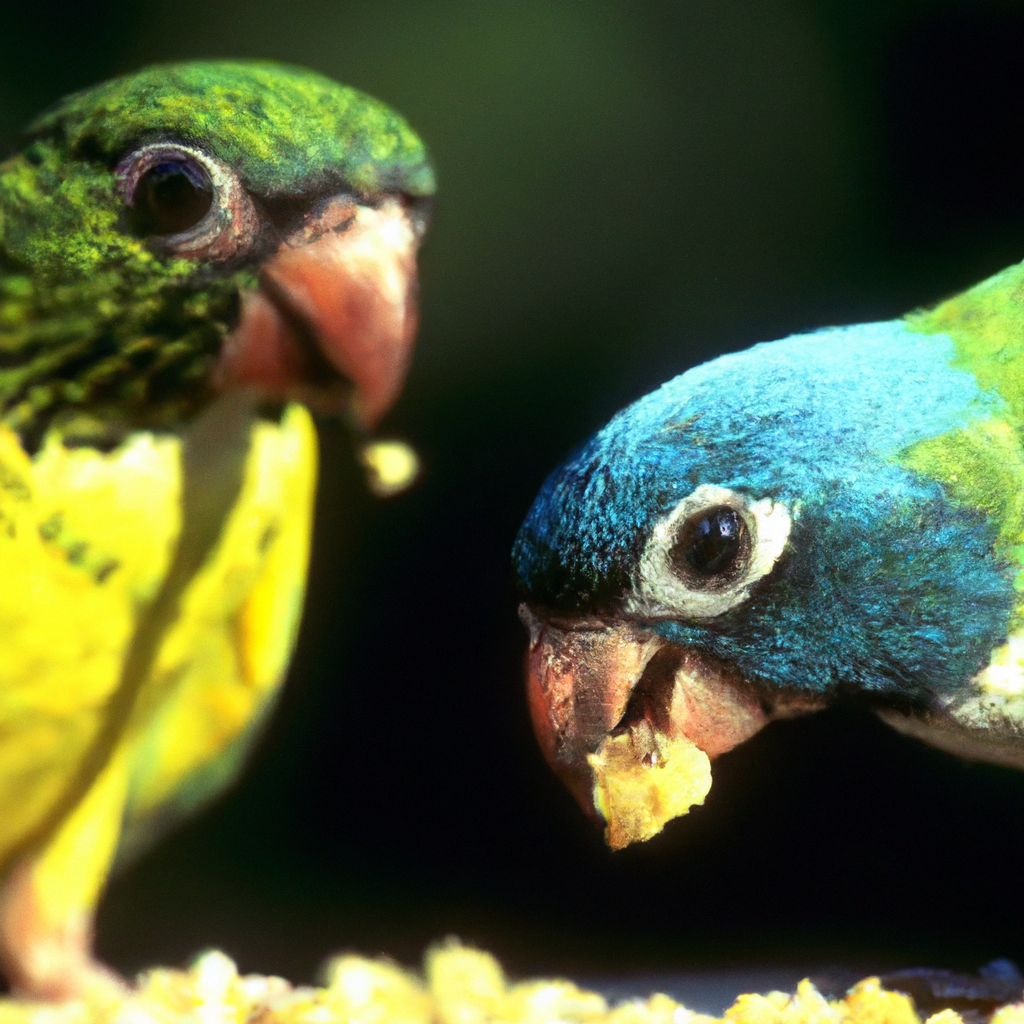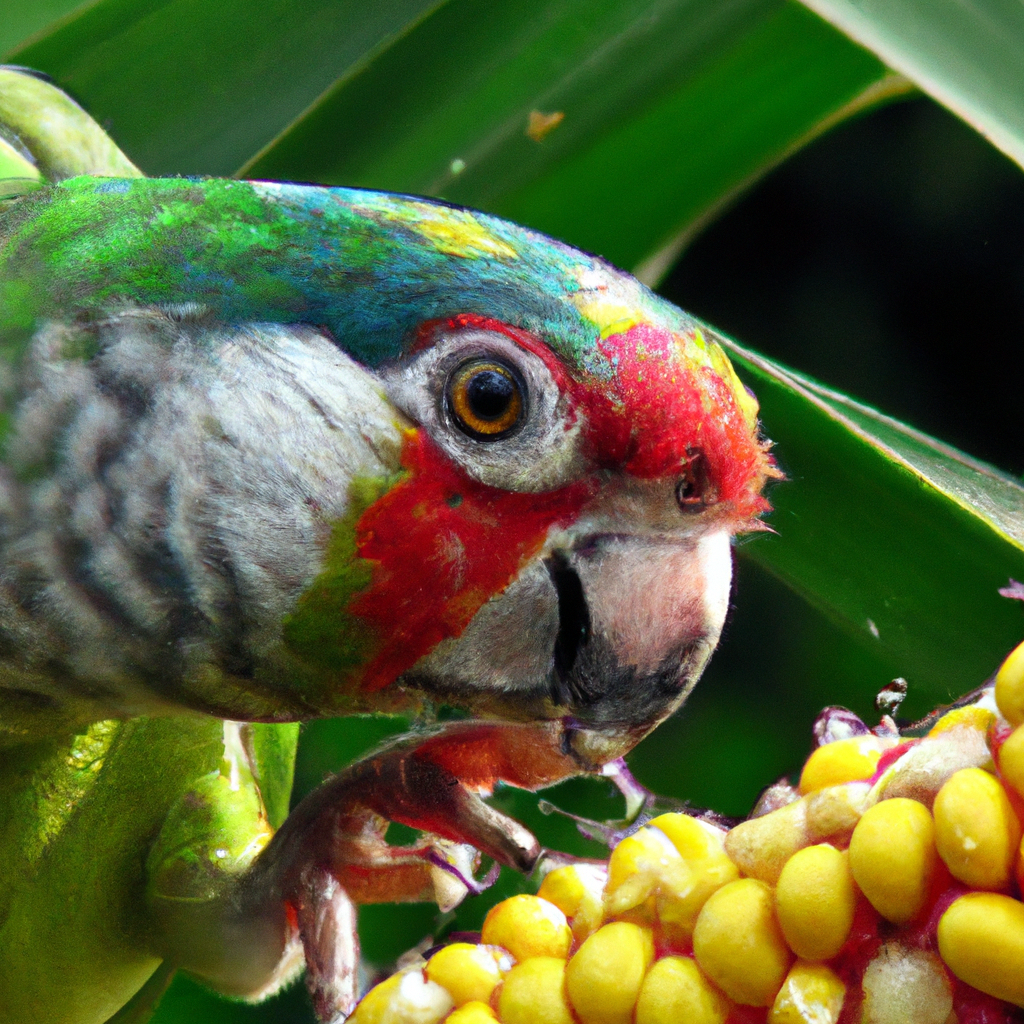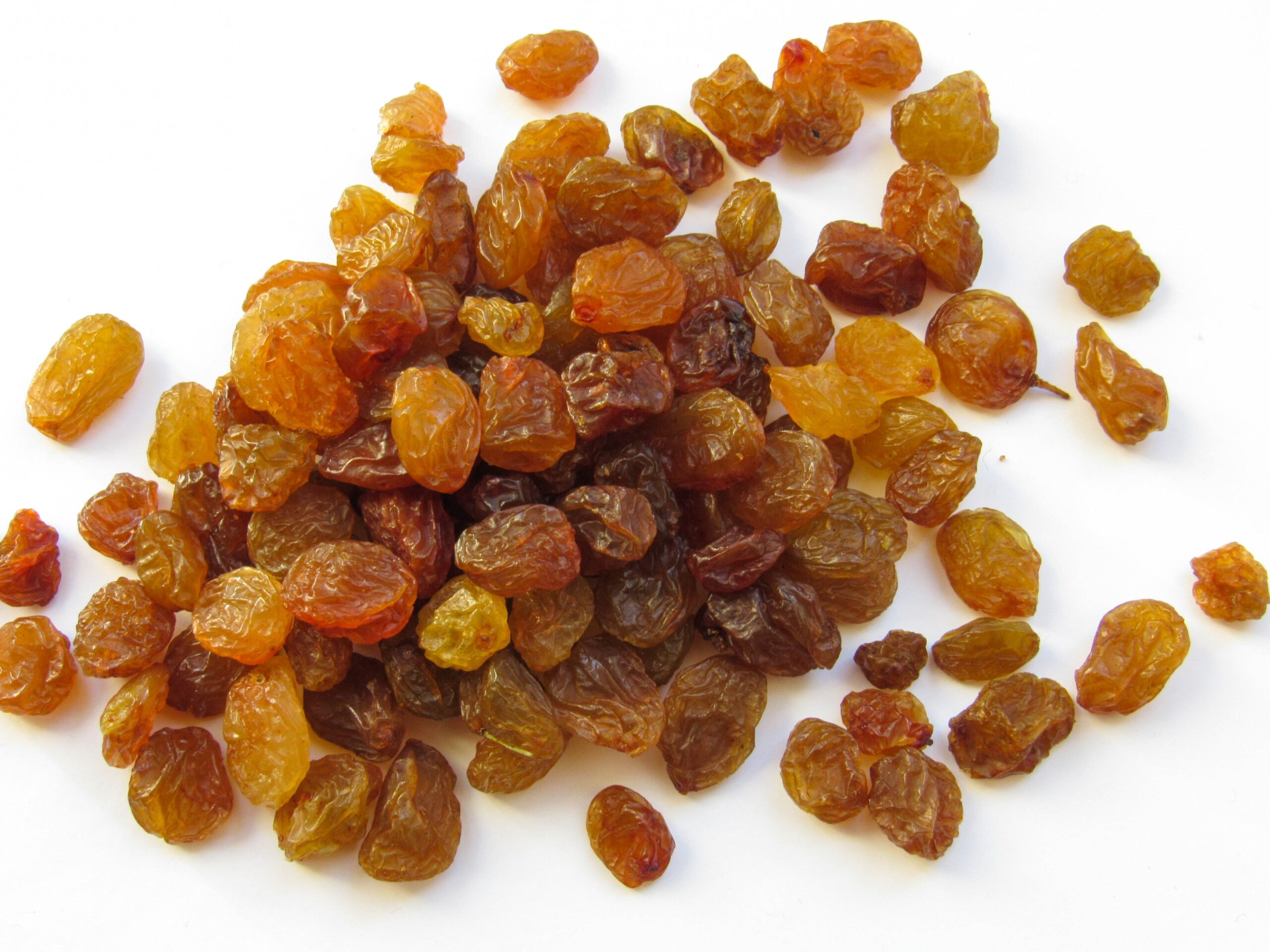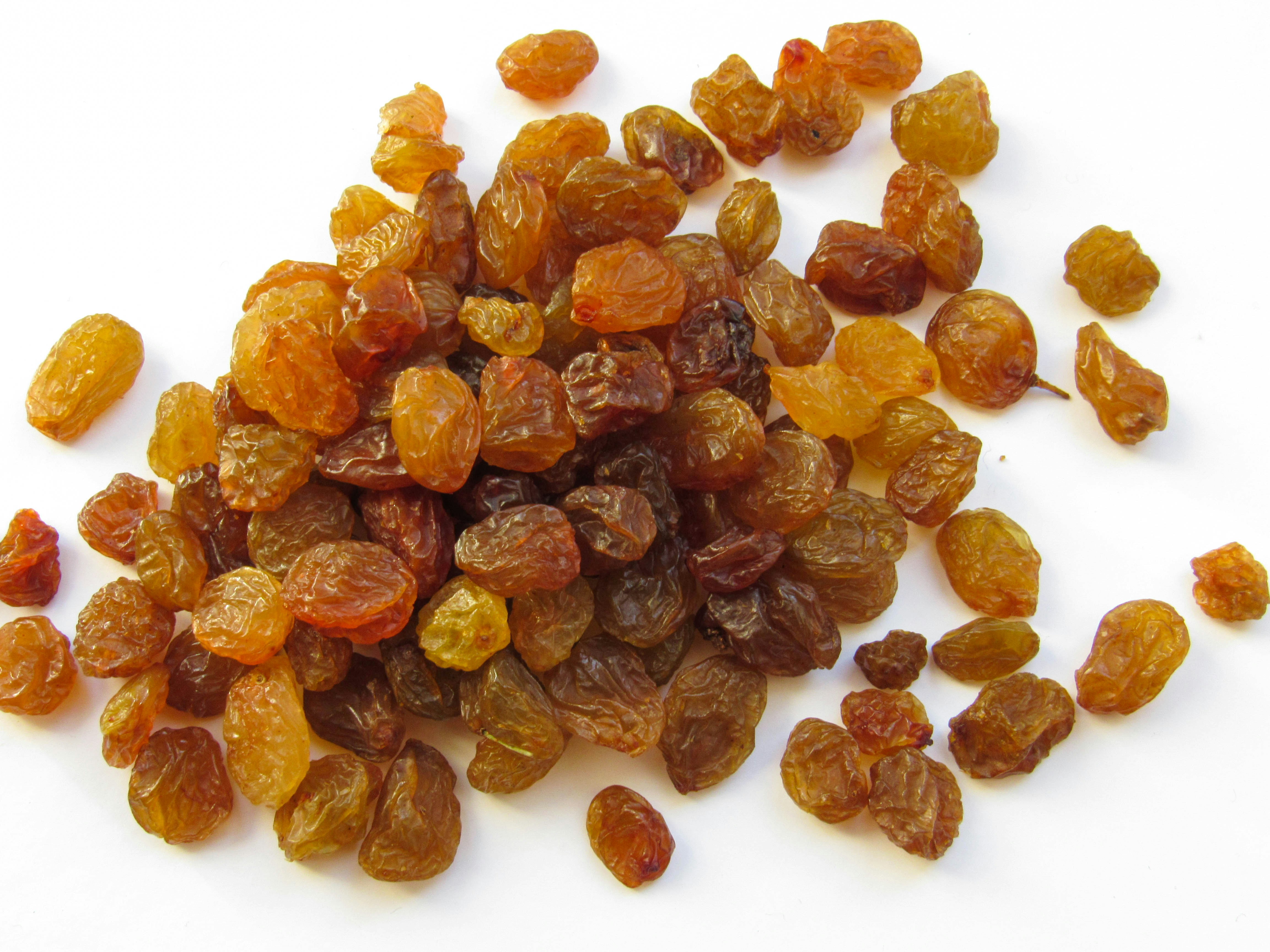Parrots are fascinating creatures known for their striking colors and incredible ability to mimic human speech. As a parrot owner, it is essential to ensure that your feathered friend receives a balanced and nutritious diet. While you may be tempted to share your favorite snacks with your feathery companion, it is vital to understand what is safe for them to consume. In this article, we will explore the question, “Can parrots eat raisins?” and shed light on whether or not these dried fruits are a suitable addition to your parrot’s diet.
This image is property of images.unsplash.com.
Health Benefits of Raisins for Parrots
Parrots, like any other living creatures, require a well-balanced diet to maintain their health and vitality. While seeds and pellets form the foundation of a parrot’s diet, introducing certain fruits and vegetables can provide additional nutrients, variety, and enrichment. Raisins, in particular, have become a popular choice among parrot owners due to their sweet taste and numerous health benefits.
Nutritional Content of Raisins
Vitamins
Raisins are packed with several essential vitamins that can contribute to the overall well-being of your parrot. They are particularly rich in vitamins B6 and C, both of which play a crucial role in maintaining a healthy immune system. Vitamin B6 aids in the production of antibodies, while vitamin C acts as an antioxidant, helping to protect cells from damage.
Minerals
In addition to vitamins, raisins are also a good source of various minerals that are vital for your parrot’s health. These minerals include potassium, iron, and calcium. Potassium helps maintain proper heart and muscle function, while iron is important for red blood cell production. Calcium, on the other hand, contributes to strong bones and feathers.
Antioxidants
Raisins contain antioxidants such as phenols and flavonoids, which can help reduce the risk of cell damage caused by harmful free radicals. The presence of these antioxidants may have a positive impact on your parrot’s overall health, protecting against oxidative stress and potentially reducing the risk of certain diseases.
Considerations before Feeding Raisins to Parrots
Before incorporating raisins into your parrot’s diet, there are a few important factors to consider to ensure their safety and well-being.
Allergies and Avian Sensitivities
While raisins are generally safe for parrots to consume, it’s crucial to be mindful of any potential allergies or sensitivities your parrot may have. Some birds may have allergic reactions to certain foods, including raisins. It’s always a good idea to monitor your parrot for any adverse reactions such as vomiting, diarrhea, or changes in behavior after introducing raisins into their diet. If any signs of allergies or sensitivities are observed, it’s best to discontinue feeding them raisins and consult with an avian veterinarian.
Portion Control
While raisins can be a healthy addition to your parrot’s diet, it’s essential to practice portion control. Parrots are small animals, and their digestive system may not be able to handle large quantities of raisins. It’s recommended to offer raisins as an occasional treat rather than a daily staple. A small handful of raisins as a treat once or twice a week should be sufficient and help prevent any potential issues that may arise from overconsumption.
Feeding Frequency
Variety is key when it comes to a parrot’s diet. While raisins can provide certain nutritional benefits, they should not replace the core elements of their diet. Parrots thrive on a balanced combination of high-quality pellets, fresh fruits, vegetables, and seeds. It’s important to remember that raisins should be considered as a supplement or treat, rather than a primary food source. Offering raisins in moderation alongside other nutritious foods can help keep your parrot’s diet well-rounded and prevent any imbalances.
Introducing Raisins to Parrots
When introducing raisins to your parrot for the first time, it’s essential to do so gradually. Start with a small piece and observe how your parrot reacts to it. Some parrots may take to raisins easily, while others may need time to adjust to the new food. Monitor their behavior, appetite, and digestion after the introduction of raisins. If any negative changes are noticed, it might be best to avoid feeding them raisins altogether.
Potential Risks of Feeding Raisins to Parrots
While raisins can be a healthy addition to your parrot’s diet, it’s important to be aware of potential risks and take necessary precautions.
Toxicity of Grapes/Raisins to Dogs
While not directly related to parrots, it’s worth mentioning that grapes and raisins can be toxic to dogs. Parrots and dogs are not the same species, and what may be harmful to one may not necessarily pose a risk to the other. However, it’s always better to err on the side of caution. The toxicity of grapes and raisins to dogs is not yet fully understood, and it’s best to avoid any potential risk by keeping raisins away from your canine companions.
High Sugar Content
Raisins are naturally sweet, thanks to their high sugar content. While this sweetness may be appealing to parrots, it’s important to remember that excessive sugar consumption can lead to health problems such as obesity, diabetes, and dental issues. To avoid these complications, it’s crucial to limit the amount of raisins given to your parrot and ensure they receive a well-balanced diet consisting of other nutritious foods.
Negative Impact on Digestion
Parrots have unique digestive systems that differ from ours. While raisins may be easily digestible for humans, they may not be as easily processed by the digestive system of parrots. The high fiber content of raisins can potentially lead to digestive issues such as diarrhea or constipation in some parrots. Monitoring your parrot’s digestion after feeding them raisins and adjusting the portion size accordingly can help ensure their digestive health remains optimal.
This image is property of images.unsplash.com.
Safe Ways to Offer Raisins to Parrots
To make raisins a safe and enjoyable treat for your parrot, consider the following methods:
Organic Raisins
Opt for organic raisins whenever possible. Organic raisins are produced without the use of pesticides, chemicals, or preservatives, making them a healthier choice for your parrot. This reduces the risk of any potential adverse reactions to harmful substances commonly present in non-organic produce.
Hydration Techniques
As raisins can be dehydrating, especially in large quantities, it’s crucial to promote hydration when offering them to your parrot. Soak the raisins in water for a short period before offering them to your parrot. This will help increase their water content and reduce the risk of dehydration.
Chopped or Blended Raisins
To make it easier for your parrot to consume raisins, especially if they are small in size, consider chopping or blending them. This will make the raisins more manageable for your parrot to eat, reducing the risk of choking or other potential complications.
Alternatives to Raisins for Parrots
While raisins can be a suitable treat for parrots, there are also various alternative options that can provide similar nutritional benefits. Consider incorporating the following foods into your parrot’s diet:
Dried Fruits
In addition to raisins, there are several other dried fruits that are safe and nutritious for parrots. Dried apricots, cranberries, and blueberries can provide similar vitamins, minerals, and antioxidants while offering a different flavor and texture. However, it’s important to remember that dried fruits should also be offered in moderation due to their concentrated sugar content.
Fresh Fruits and Vegetables
Fresh fruits and vegetables should always be a staple in your parrot’s diet. They provide essential nutrients, hydration, and dietary fiber. Apples, oranges, kale, bell peppers, and broccoli are just a few examples of nutritious fruits and vegetables that can contribute to your parrot’s overall health.
Commercial Parrot Treats
If you’re looking for convenient and specially formulated treats for your parrot, consider exploring commercially available parrot treats. These treats are designed to meet the specific nutritional needs of parrots while providing variety and enrichment. However, it’s important to carefully read the ingredients and choose treats that are free from any harmful additives, excessive sugars, or artificial flavors.
This image is property of images.unsplash.com.
Observing Parrot’s Reaction to Raisins
Once you have introduced raisins into your parrot’s diet, it’s important to closely observe their reaction to this new food. Pay attention to any changes in behavior, appetite, digestion, or overall health. If any negative reactions or health concerns arise, it’s crucial to discontinue feeding them raisins and consult with an avian veterinarian. Each parrot is unique, and their individual tolerances and preferences may vary, so it’s essential to tailor their diet accordingly.
Moderation and Balanced Diet
While raisins can provide certain health benefits, it’s important to remember that moderation and a balanced diet are key for your parrot’s overall well-being. Raisins should not replace the core elements of their diet, such as pellets, fresh fruits, vegetables, and seeds. Offering a variety of nutritious foods in appropriate quantities will help ensure your parrot receives all the essential nutrients they need to thrive.

Consulting an Avian Veterinarian
It’s always a good idea to consult with an avian veterinarian before making any significant changes to your parrot’s diet. They can provide personalized advice and guidance based on your parrot’s specific needs, health conditions, and dietary requirements. An avian veterinarian can also help address any concerns or questions you may have regarding the introduction of raisins or any other food into your parrot’s diet.
Conclusion
In conclusion, raisins can be a healthy and tasty addition to your parrot’s diet when offered in moderation and with careful consideration. They offer essential vitamins, minerals, and antioxidants that can contribute to your parrot’s overall health. However, it’s important to be mindful of potential risks, such as allergies, high sugar content, and digestive complications. By observing your parrot’s reaction, practicing portion control, and ensuring a balanced diet, you can safely incorporate raisins or suitable alternatives into their feeding regimen. Remember, consulting with an avian veterinarian is always recommended to ensure your parrot’s individual needs are met and their well-being is prioritized.




